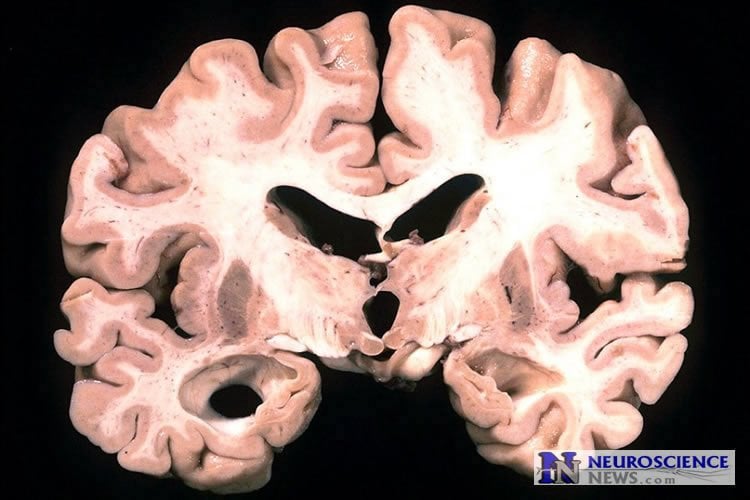Summary: According to a new study, protein in urine is associated with a slightly increased risk of cognitive impairment and dementia.
Source: AAN.
People who have protein in their urine, which is a sign of kidney problems, may also be more likely to later develop problems with thinking and memory skills or even dementia, according to a meta-analysis published in the December 14, 2016, online issue of Neurology.
The researchers looked at all available studies on kidney problems and the development of cognitive impairment or dementia.
“Kidney dysfunction has been considered a possible risk factor for cognitive impairment or dementia,” said Kay Deckers, MSc, of Maastricht University in the Netherlands, author of the systematic review and meta-analysis. “Chronic kidney disease and dementia share many risk factors, such as high blood pressure, diabetes and high cholesterol, and both show similar effects on the brain, so they may have shared vascular factors or there may even be a direct effect on the brain from kidney problems.”
A total of 22 studies on the topic were included in the systematic review. Five of the studies, including 27,805 people, were evaluated in the meta-analysis on protein in the urine, also called albuminuria or proteinuria. The analysis showed that people with protein in the urine were 35 percent more likely to develop cognitive impairment or dementia than people who did not have protein in their urine.

For another marker of kidney function, estimated glomerular filtration rate, the results were mixed and did not show an association. For three other markers of kidney function, cystatin C, serum creatinine and creatinine clearance, no meta-analysis could be completed because the few studies available did not use the same methods and could not be compared.
“Protein in the urine was associated with a modestly increased risk of cognitive impairment or dementia,” Deckers said. “More research is needed to determine whether the kidney problems are a cause of the cognitive problems or if they are both caused by the same mechanisms.”
Funding: The study was supported by the In-MINDD (Innovative Midlife Intervention for Dementia Deterrence) project funded by the European Union’s Framework Program Seven.
Source: Renee Tessman – AAN
Image Source: This NeuroscienceNews.com image is in the public domain.
Original Research: The study will appear in Neurology.
[cbtabs][cbtab title=”MLA”]AAN. “Protein in Urine Linked to Increased Risk of Memory Problems and Dementia.” NeuroscienceNews. NeuroscienceNews, 14 December 20146.
<https://neurosciencenews.com/urine-protein-memory-dementia-5752/>.[/cbtab][cbtab title=”APA”]AAN. (20146, December 14). Protein in Urine Linked to Increased Risk of Memory Problems and Dementia. NeuroscienceNews. Retrieved December 14, 20146 from https://neurosciencenews.com/urine-protein-memory-dementia-5752/[/cbtab][cbtab title=”Chicago”]AAN. “Protein in Urine Linked to Increased Risk of Memory Problems and Dementia.” https://neurosciencenews.com/urine-protein-memory-dementia-5752/ (accessed December 14, 20146).[/cbtab][/cbtabs]






